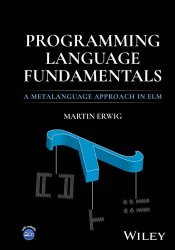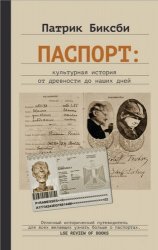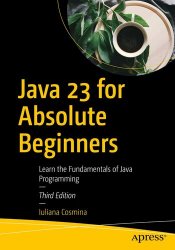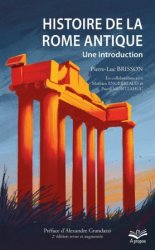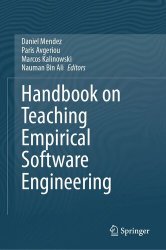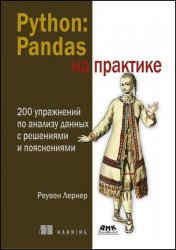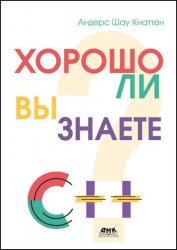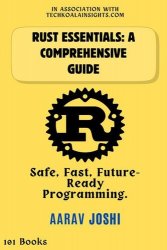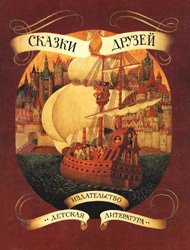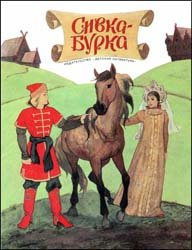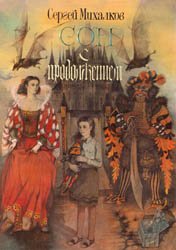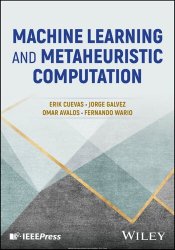 Название: Machine Learning and Metaheuristic Computation
Название: Machine Learning and Metaheuristic ComputationАвтор: Erik Cuevas, Jorge Galvez, Omar Avalos, Fernando Wario
Издательство: Wiley-IEEE Press
Год: 2025
Страниц: 418
Язык: английский
Формат: pdf (true), epub
Размер: 30.3 MB
Learn to bridge the gap between Machine Learning and metaheuristic methods to solve problems in optimization approaches.
Few areas of technology have greater potential to revolutionize the globe than Artificial Intelligence. Two key areas of Artificial Intelligence, Machine Learning and metaheuristic computation, have an enormous range of individual and combined applications in Computer Science and technology. To date, these two complementary paradigms have not always been treated together, despite the potential of a combined approach which maximizes the utility and minimizes the drawbacks of both.
Machine Learning and Metaheuristic Computation offers an introduction to both of these approaches and their joint applications. Both a reference text and a course, it is built around the popular Python programming language to maximize utility. It guides the reader gradually from an initial understanding of these crucial methods to an advanced understanding of cutting-edge Artificial Intelligence tools.
The text also provides:
Treatment suitable for readers with only basic mathematical training
Detailed discussion of topics including dimensionality reduction, clustering methods, differential evolution, and more
A rigorous but accessible vision of machine learning algorithms and the most popular approaches of metaheuristic optimization
Machine Learning and Metaheuristic Computation is ideal for students, researchers, and professionals looking to combine these vital methods to solve problems in optimization approaches.
For enthusiasts and practitioners in Machine Learning who may not be well-versed in metaheuristic computation, this book is an essential resource. It elucidates that metaheuristic techniques are not merely theoretical constructs but practical tools capable of addressing and solving substantial problems frequently encountered in the realm of machine learning. These insights are particularly beneficial for those looking to expand their toolkit beyond conventional Machine Learning methodologies. Conversely, for those immersed in the world of metaheuristic computation, the book offers a valuable perspective on how Machine Learning problems can be effectively reformulated as optimization tasks. This recontextualization is key for metaheuristic practitioners aiming to apply their expertise to the nuanced challenges of machine learning. Overall, the book strives to foster a mutual understanding and collaboration between these two communities, highlighting how their combined strengths can lead to groundbreaking advancements in the field of Artificial Intelligence.
This book stands out not only for its comprehensive coverage of the most pivotal methods and techniques in Machine Learning and metaheuristic approaches but also for its extensive inclusion of MATLAB code and practical implementations. This aspect is considered the cornerstone of the book’s value. It acknowledges a crucial truth: even readers with a robust mathematical background may struggle to fully grasp a specific method or algorithm until they see it actualized in code. Implementations in the code serve to dissolve any ambiguities or uncertainties that might arise from theoretical descriptions alone, making the material significantly more accessible and clearer. This approach ensures that the learning process is not just theoretical, but also practical and intuitive. As readers progress through the book, moving from fundamental to more advanced methodologies, the computational focus – exemplified through the implemented code – aids in crystallizing their understanding of the different models. This not only reinforces their mathematical concepts but also provides a hands-on experience that is critical in comprehending and applying Machine Learning and metaheuristic strategies effectively.
This book uniquely positions itself not just as a reference text, but also as a comprehensive course, offering flexibility in how readers engage with its content. It is structured to allow random access, meaning readers can dive into specific chapters or themes as needed, without necessarily following a linear progression. Unlike other books that focus solely on theory and suggest that readers implement algorithms from scratch in exercises, this book takes a different approach. Drawing from our teaching experience, we’ve found that students learn more rapidly and effectively when they have access to existing code that they can modify and experiment with. This practical, hands-on methodology is central to our book’s design.
Скачать Machine Learning and Metaheuristic Computation
[related-news] [/related-news]
Комментарии 0
Комментариев пока нет. Стань первым!
